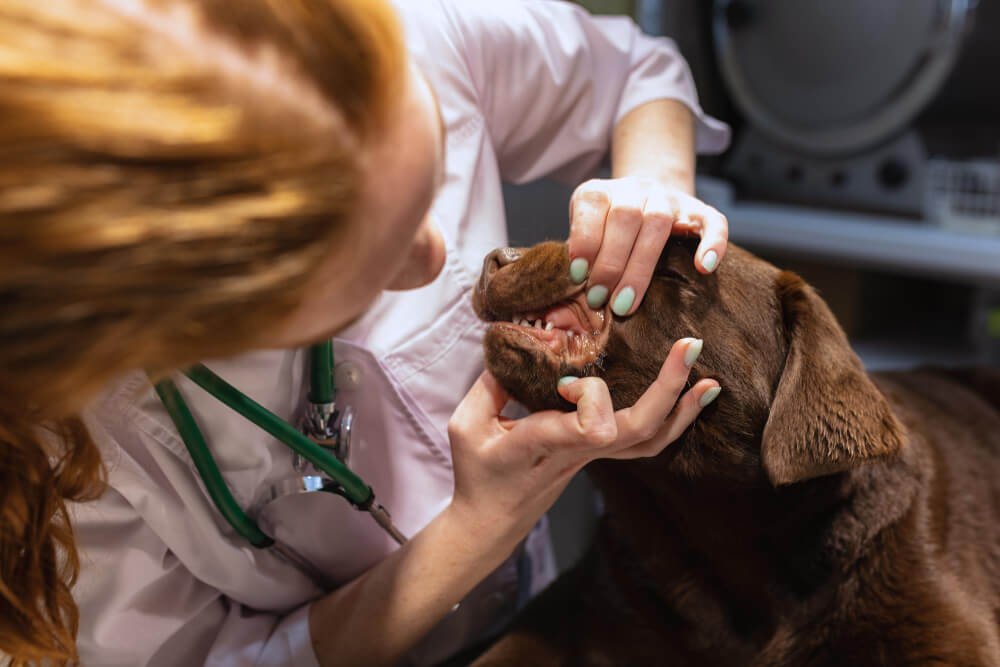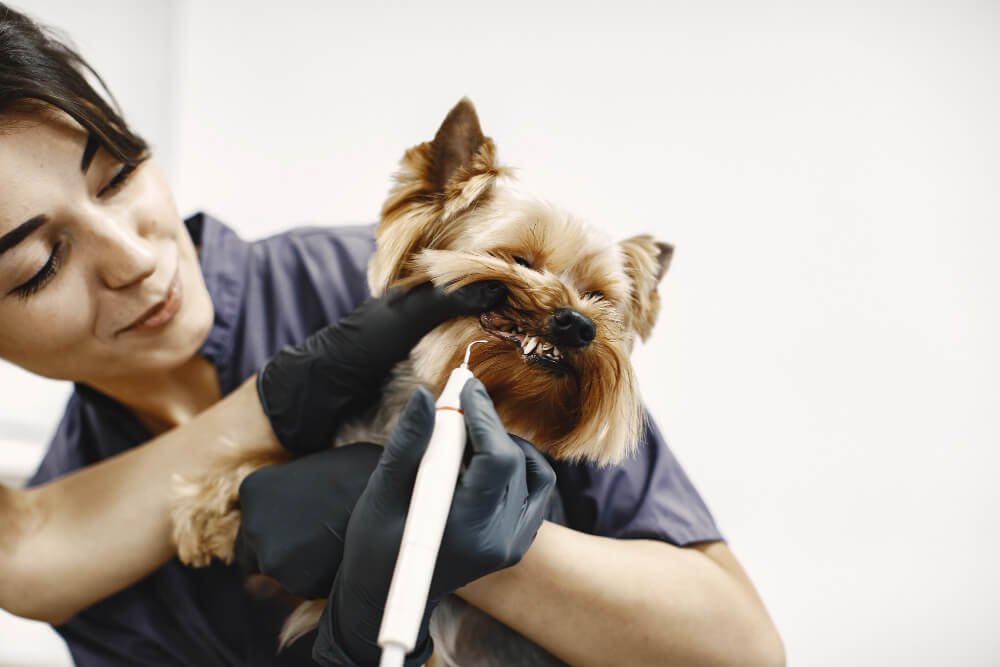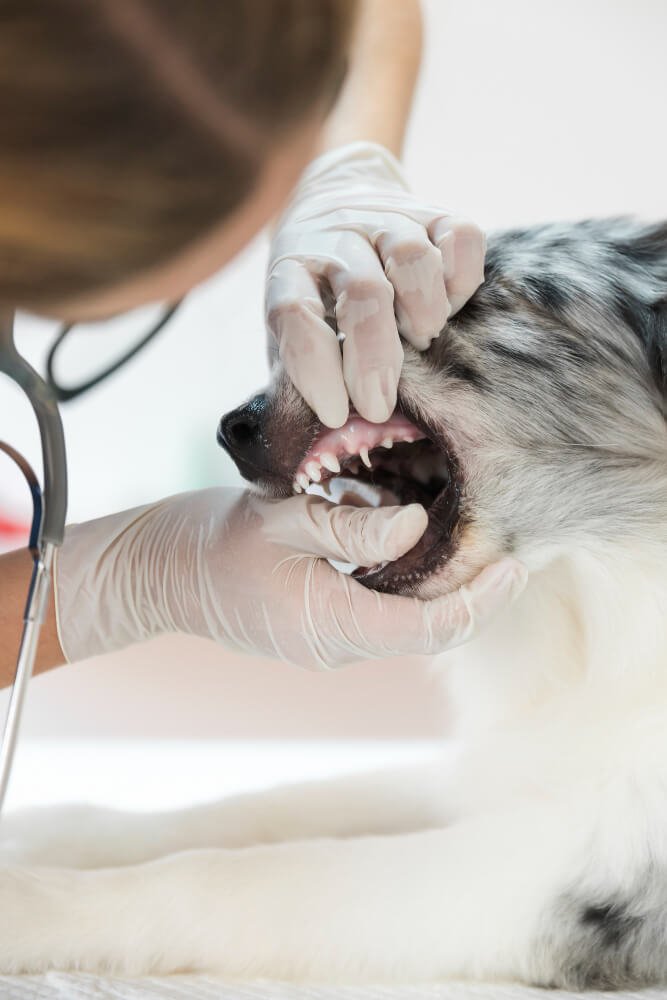Pet Dental Health: Simple Steps for a Happy and Healthy Smile
As a caring pet owner, one of the most crucial aspects of your furry friend’s overall well-being is their dental health. Just like humans, pets also require proper dental care to maintain healthy teeth and gums. Neglecting their dental hygiene can lead to various oral problems, which can affect their overall health and happiness. In this comprehensive guide, we’ll explore simple yet effective steps to ensure your pet’s dental health remains in top-notch condition.
Why is Pet Dental Health Important?
Before diving into the steps for maintaining your pet’s dental health, let’s understand why it is so important. Dental issues in pets can range from bad breath and plaque buildup to severe periodontal disease, which can have serious consequences on their health. Dental problems can lead to pain, difficulty eating, and even infections that can spread to other parts of their body, including vital organs. By taking proactive measures to care for your pet’s teeth and gums, you can prevent these issues and ensure they lead a comfortable and happy life.

Step 1: Regular Brushing – The Foundation of Dental Care
Just like brushing is a fundamental part of our dental care routine, it should be a regular practice for your pet as well. Introduce teeth brushing to your furry companion at an early age to make them comfortable with the process. Use a soft-bristled toothbrush and pet-friendly toothpaste to clean their teeth gently. Brushing should ideally be done daily or at least three times a week to prevent plaque and tartar buildup.
Step 2: Dental Chew Toys – Fun and Beneficial
Chew toys aren’t just for playtime; they can be valuable tools in maintaining your pet’s dental health. Dental chew toys help in removing plaque and tartar from their teeth while providing mental stimulation and entertainment. Look for toys that are specifically designed for dental care, with textures that promote tooth cleaning. Regular use of these toys can reduce the risk of dental problems and keep your pet’s teeth strong.
Step 3: Choose a Balanced Diet – The Right Nutrition Matters
Proper nutrition is essential for your pet’s overall health, including their dental well-being. Opt for high-quality pet food that supports dental health. Some pet foods are specially formulated to reduce tartar and plaque buildup. Additionally, crunchy kibbles can help in removing debris from their teeth as they chew. Consult your veterinarian to determine the best diet plan for your pet’s specific needs.
Step 4: Dental Treats – A Tasty Reward
Dental treats can be a delicious and effective way to maintain your pet’s oral health. These treats are designed to promote dental hygiene by reducing plaque and tartar buildup. However, be cautious with the number of treats you provide, as excessive consumption can lead to weight gain. Always check the ingredients to ensure they are safe and beneficial for your pet.
Step 5: Regular Dental Check-ups – Professional Assessment
Routine dental check-ups are crucial for monitoring your pet’s oral health. Your veterinarian will examine their teeth and gums, identify potential issues, and provide timely interventions. These check-ups also offer an opportunity to discuss any concerns you might have about your pet’s dental care routine and receive expert guidance.
Step 6: Water Additives – Supplemental Dental Care
Water additives can serve as a supplemental dental care measure for your pet. These additives are mixed with their drinking water and work to fight bacteria in their mouths, reducing the risk of dental problems. While water additives can be beneficial, they should not replace regular brushing or professional dental cleanings.
Step 7: Be Mindful of Warning Signs
As a responsible pet owner, it’s essential to be vigilant for any signs of dental issues. If your pet shows signs of discomfort while eating, has bad breath, or you notice any changes in their eating habits or behavior, consult your veterinarian promptly. Early detection and intervention can prevent dental problems from escalating.
Step 8: Professional Dental Cleaning – When Necessary
Despite your best efforts, there might be instances where professional dental cleaning becomes necessary. Your veterinarian may recommend dental scaling and polishing under anesthesia to remove stubborn tartar and plaque. This procedure helps to address any underlying dental problems and ensures your pet’s oral health is in optimal condition.

Conclusion
Your pet’s dental health is a crucial aspect of their overall well-being, and it requires consistent care and attention. By following these simple steps, including regular brushing, providing dental chew toys and treats, and maintaining a balanced diet, you can ensure your furry companion enjoys a happy and healthy smile. Remember to schedule regular dental check-ups with your veterinarian and be observant of any warning signs that may indicate dental problems. With your dedication and love, you can keep your pet’s teeth and gums in excellent condition, leaving them with a radiant smile that reflects their vibrant health.
So, let’s embark on this journey together and prioritize your pet’s dental health for a fulfilling and joyful life!

